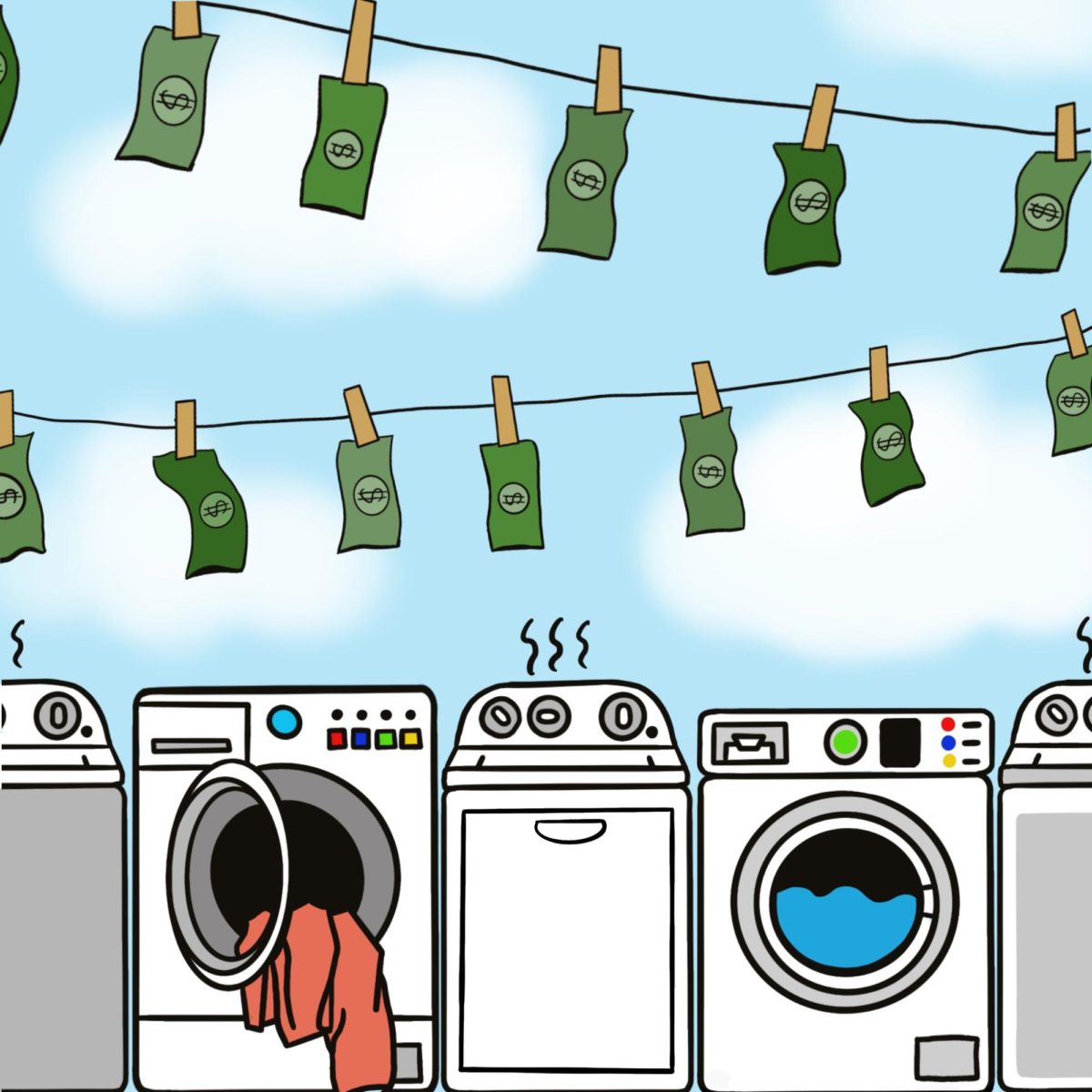At a university where the minimum wage for student workers was $7.25 from 2007 until just last year, and given the costliness of the institution itself, requiring students to pay for laundry services is frankly absurd. Even basing our math on the current $10 minimum wage would still only offer the average student around $6,000 per year given that they were able to consistently work a full 20 hours every week of the academic year. As a student worker, I can say for certain that this is impossible even with multiple jobs on campus, never mind one, not that it would matter anyway. With the almost $85,000 cost of attendance for the 2023-24 school year, $6,000 hardly makes up a fraction. Paying for laundry under these conditions would make even the most well-off students have to pinch all of their pennies.
Non-mathematically speaking, Elli Eisman ’26 described to me some of the biggest frustrations felt by students regarding the laundry system: moldy laundry rooms, musty washing machines that regularly over-sud or simply do not ring-out your clothes and dryers that will only dry your clothes for a single hour even if you paid for extra cycles. As a senior at Bucknell, I have encountered these issues in every laundry room of every building I have ever lived in throughout my time on campus. So, then, what is the point?
As Liam Stott ’24 so eloquently stated, “students are frustrated that the cost of things that are our most basic needs are inflated far beyond what they should be so that Bucknell can make a bigger profit.” Offering free laundry would not only save students about $150 per year, it would only cost the university the price of water usage provided that we were still required to buy our own detergent and dryer sheets.
The other side of this argument might be that the money students put into paying for laundry cycles goes toward fixing machines, but that argument is moot if these “fixes” do not actually prevent further issues in the long-term. For example, there is a washer in South Campus Building 1 that always leaks and never properly rings out your clothes no matter how many work orders are put in to request a fix. Not only does this cost students even more money on dryer cycles, it also proves a major inconvenience when you are thus made to trek all over the building to find a single machine that works properly. Then, of course, the dryer does not give you all of the cycles you paid for, so you’re still out of money either way. If I am paying nearly $30,000 out-of-pocket for my education this year, I should at least be able to have clean clothes to wear to class everyday.





















